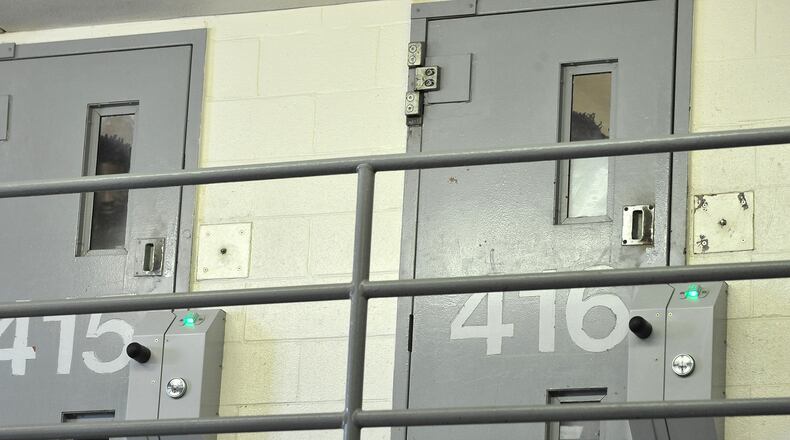A decorated Navy SEAL discharged after multiple combat tours, Chad is emblematic of veterans’ needs. Combat-related brain injuries have caused memory and concentration problems. The VA provided him rehabilitation and surgery, but medication has led to weight gain and depression.
Chad’s Social Security disability checks are late, and assistance he obtained to expedite these may cost him 25 percent of his payments. Child support takes most of his military retirement check; his house was foreclosed upon. Currently homeless, Chad has had minor run-ins with the law.
All this makes Chad a potential client for Emory Law’s Volunteer Clinic for Veterans, for help with obtaining VA benefits and some non-benefits issues, like housing.
But Chad’s scrapes with the law need a different fix, which is the focus of a policy initiative at the clinic: veterans’ court.
Georgia incarcerates nearly 2,650 veterans in state prisons. Over 1,800 are good candidates for rehabilitation and supervision rather than prison.
Veterans’ courts can offer treatment and supervised release instead of a prison sentence. Treatment is generally provided through an existing system of professionals, VA hospitals and clinics. Supervised release comes from VA professionals, the judicial system and volunteers who understand the stresses and injuries of combat that sometimes cause substance abuse and crime. If the veteran does not live up to the prescribed terms of treatment and supervision, he or she must serve a regular prison sentence.
But what are the cost savings, and why should veterans avoid the unhappy music others who commit crimes face? In Georgia, treatment and monitoring costs are only 13 percent of the costs of incarceration. Veterans’ courts could save Georgia taxpayers $77.5 million per year, or $43,000 per eligible veteran.
But the biggest payoff is that supervised and rehabilitated veterans are likely to carry on productive lives. Overall, 30 percent of former inmates commit further crimes, while the recidivism rate in experimental veterans courts in Georgia is only 7 percent. The positive economic and personal impacts of these courts are staggering.
If these courts are so beneficial, why not extend veterans court programs to all veterans? Extending these courts to veterans statewide is purely a matter of political will. The General Assembly would save precious tax dollars and satisfy veteran-supportive constituencies.
Why not use similar courts for non-veterans who commit crimes? Two reasons support moving forward first with veterans courts.
First, such programs for veterans are easier. The VA support system is already in place. Volunteers, many of them also veterans, will help those injured through combat to recover from service-related conditions.
Second, we owe a strong societal debt to veterans. As Abraham Lincoln said, we must care for “him who shall have borne the battle, and for his widow, and his orphan.”
Georgia can say, “Thanks,” do good and save money by authorizing veterans courts throughout the state.
About the Author
Featured

